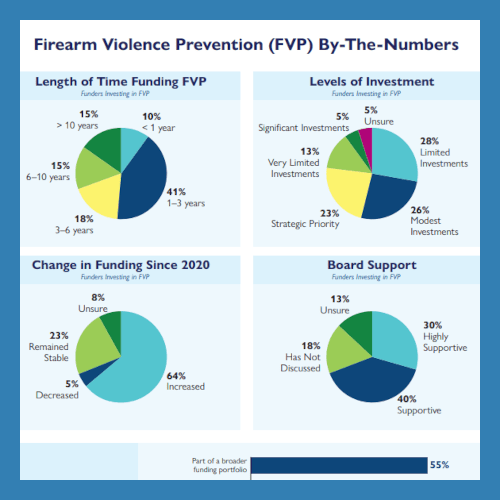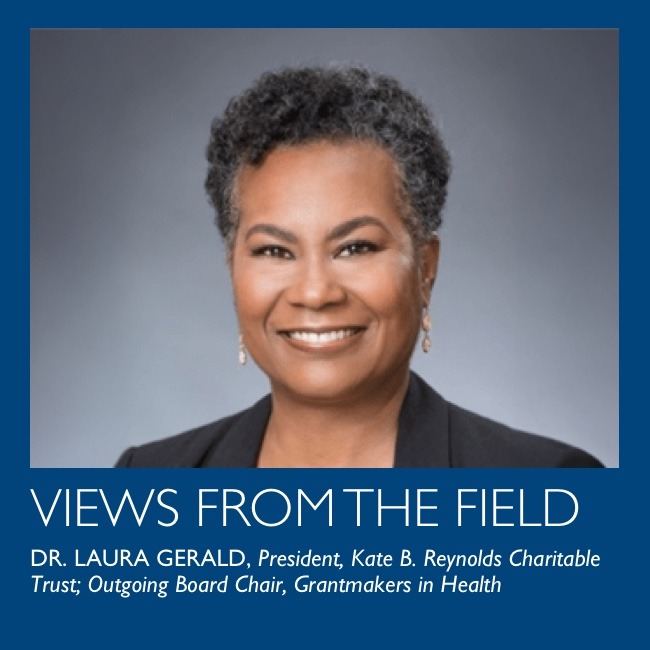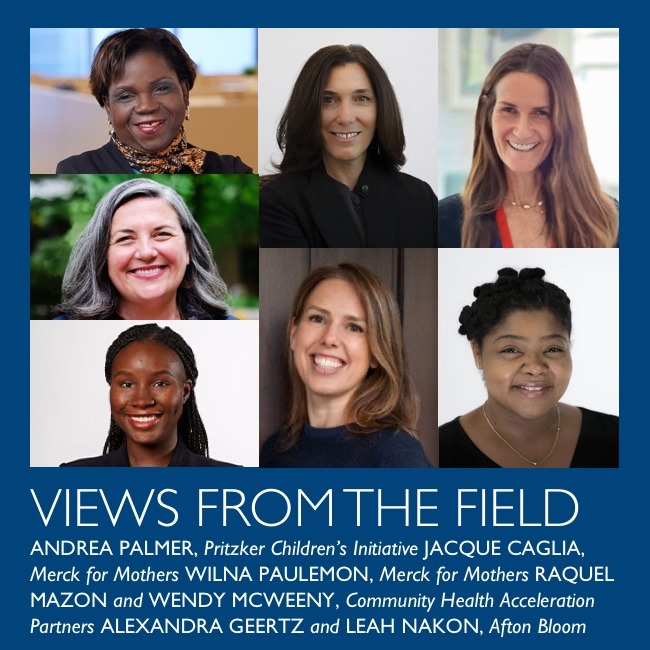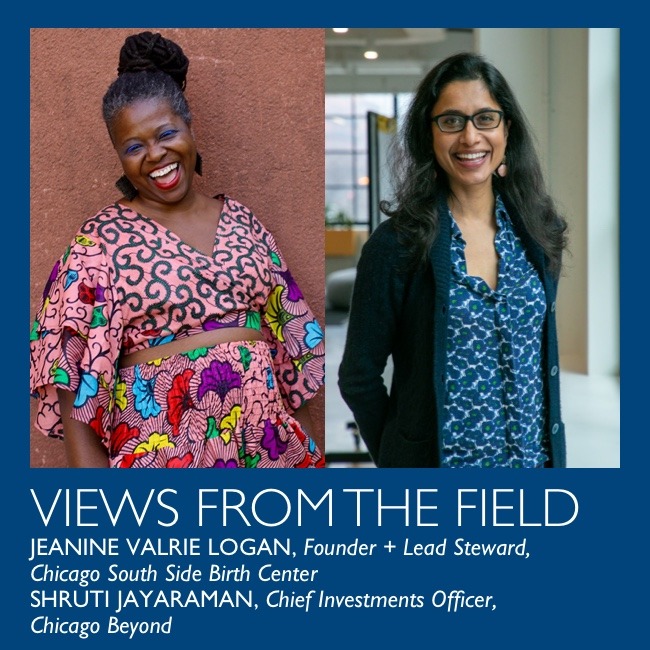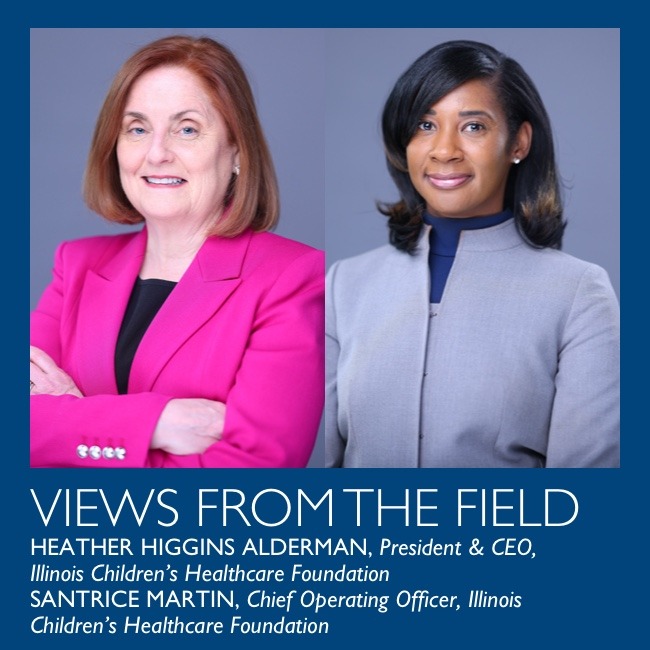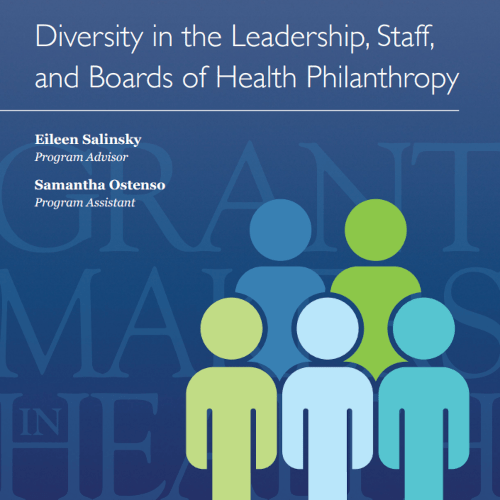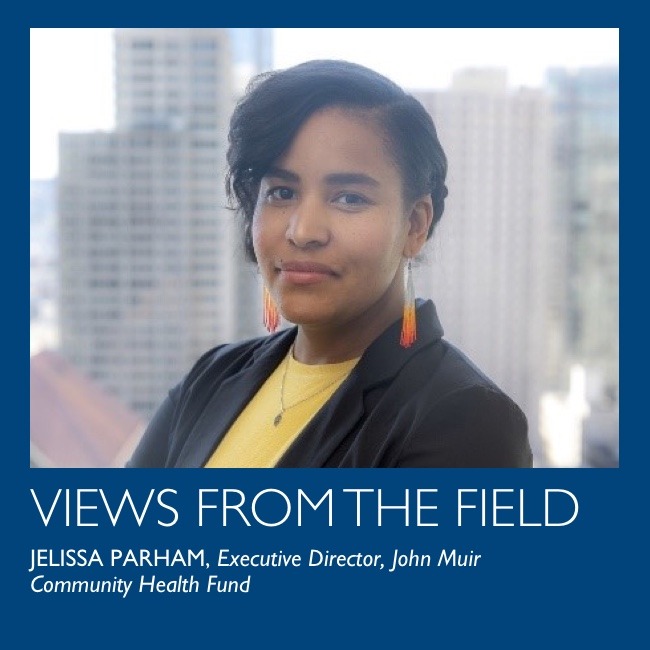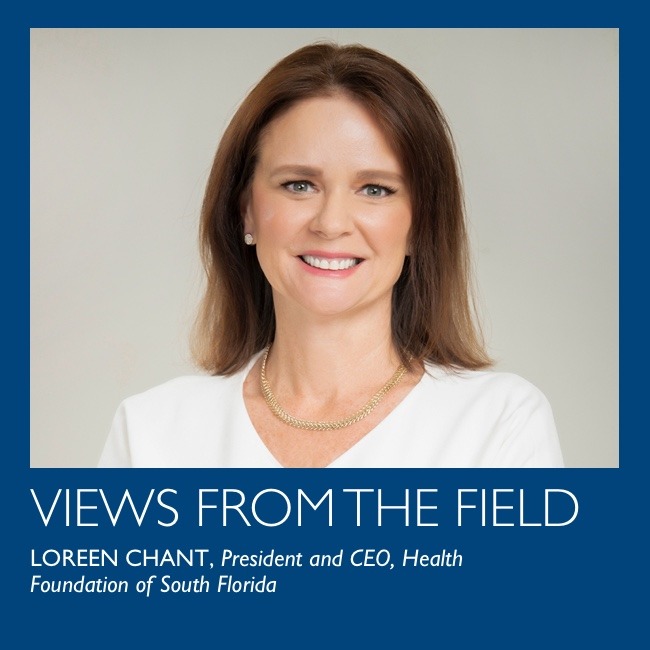New Grantmakers In Health Survey Finds a Significant Growth in Firearm Violence Prevention Investments Among Health Funders
Washington, DC, March 14, 2025—At a time when firearm violence is a leading cause of death for children and teens, a new Grantmakers In Health survey of health funding organizations found that philanthropic investments in firearm violence prevention are growing in terms of both the number of funders supporting this work and the dollar amounts…
Advancing Health Equity and Diversity, Equity, and Inclusion in Health Philanthropy
Grantmakers In Health (GIH) is pleased to invite you to join us for a web-based conversation on advancing health equity, as well as diversity, equity, and inclusion in health philanthropy. This is a dedicated time for collaboration, learning, and action for program staff leading health equity efforts at their foundations (open to funding partners only).At a time when equity-focused efforts are facing heightened challenges, it is more important than ever for us to come together to support one another, to strategize and drive meaningful progress in health philanthropy. Your expertise and perspective would be invaluable to this conversation, and we hope you will join us in shaping this collective effort.
Ballot Measures: Responding to Efforts to Undermine Direct Democracy
Recent ballot measure victories across the country have demonstrated the power of this citizen-initiated tool; however, critics of certain initiatives and opponents of direct democracy are exploring ways to make ballot measures more difficult to pursue. These threats take a variety of forms, including litigation to challenge the process, administrative and legislative tactics to obstruct implementation of ballot-approved policies, and legislation to impose more onerous requirements on citizen-initiated ballot campaigns. Join this webinar to learn more about the threats to direct democracy, the impact of these threats on policies that advance health and well-being, and how health funders can support this vital tool for building community power and facilitating a healthy, thriving democracy. Speakers including Elizabeth DiLauro of the Robert Wood Johnson Foundation, Quentin Savwoir of the Ballot Initiative Strategy Center, and M’Evie Mead of Missouri Jobs with Justice.
Let’s Take Courageous Steps Together in 2025
At the Kate B. Reynolds Charitable Trust, this has been a challenging year for North Carolina, where we live and work. Hurricane Helene devastated the western part of NC and the surrounding region, and we endured an election that divided our state and nation.
We also know that we are not alone facing the challenges of 2024 and those we will take on in 2025. Many of us in the Grantmakers In Health (GIH) community are wondering how to persevere through these uncertain times. At the Trust, we acknowledge the heaviness of the moment—because we anticipate policy changes that will negatively impact people who are already being left behind.
Postpartum Care Systems: Strategically Collaborating to Advance and Align Solutions Across Sectors
As state policymakers began extending continuous eligibility for postpartum Medicaid coverage from the 60 days following birth to the 12 months following birth in 2022, a small workgroup of
funders connected to explore what philanthropy’s role could be in strengthening maternal health outcomes
and how we might support effective implementation of the extension
Q&A: How the Chicago South Side Birth Center is Championing a Better Approach to Maternal Health
Grantmakers In Health (GIH) recently spoke with Jeanine Valrie Logan, Founder + Lead Steward of the Chicago South Side Birth Center, and Shruti Jayaraman, Chief Investments Officer of Chicago Beyond, to learn how the Chicago South Side Birth Center and Chicago Beyond are working together to improve maternal health outcomes for mothers in one of Chicago’s most underserved communities. This interview has been edited for style and clarity.
Illinois Children’s Healthcare Foundation’s Persistent Journey toward Equity
Since 2019, the Illinois Children’s Healthcare Foundation (ILCHF) has embarked upon a journey of perspective transformation—challenging ourselves to know, think, and believe differently so we will decide, engage, and act more equitably. Through consistent commitment and action, our Board of Directors, leadership, and staff have moved equity, diversity, and inclusion (EDI) work beyond “box checking” activities, institutionalizing long-term, individual, organizational, community, and cultural changes.
New Grantmakers In Health Survey Finds Leadership and Staff of Health Funders More Diverse than Broader Philanthropic Field
A new Grantmakers In Health survey of health funder leadership, staff, and boards found that health funder organizations are more racially and ethnically diverse than the broader field of philanthropy.
Developing an Equitable Nonprofit Ecosystem: A New Funding Framework for Emerging, BIPOC-Led Grantees
In philanthropy, it is standard due diligence practice to vet potential grantees on their list of current, past, and future funders as a way to mitigate our perceived risk. However, this approach can put many emerging, grassroots, and BIPOC-led organizations out of contention for initial funding. The John Muir Community Health Fund has shifted the way we fundamentally see risk, and instead, have embraced the opportunity to fund emerging organizations that address social determinants of health by providing monetary support, capacity building, and ultimately a proof of concept that propels grantees to long-term sustainability.
Advancing Health Equity and Fostering Collaboration through Black Maternal and Child Health Initiatives
When basic social needs go unmet, they become the principal drivers of health disparities. Recognizing this, the Health Foundation of South Florida has been advancing a collaborative approach that brings together health systems and community-based organizations and paves the way for implementing promising social interventions. Through this approach, the Health Foundation seeks to drive improved health outcomes and greater coordination to address unmet health-related social needs within clinical care settings.
Newsletter Sign Up
Want to sign up for the GIH Bulletin? Click here to get on the list.
Contribute to the GIH Bulletin and Blog
If you are interested in contributing your story or expertise to the GIH community please review our Editorial Submission Guidelines.

